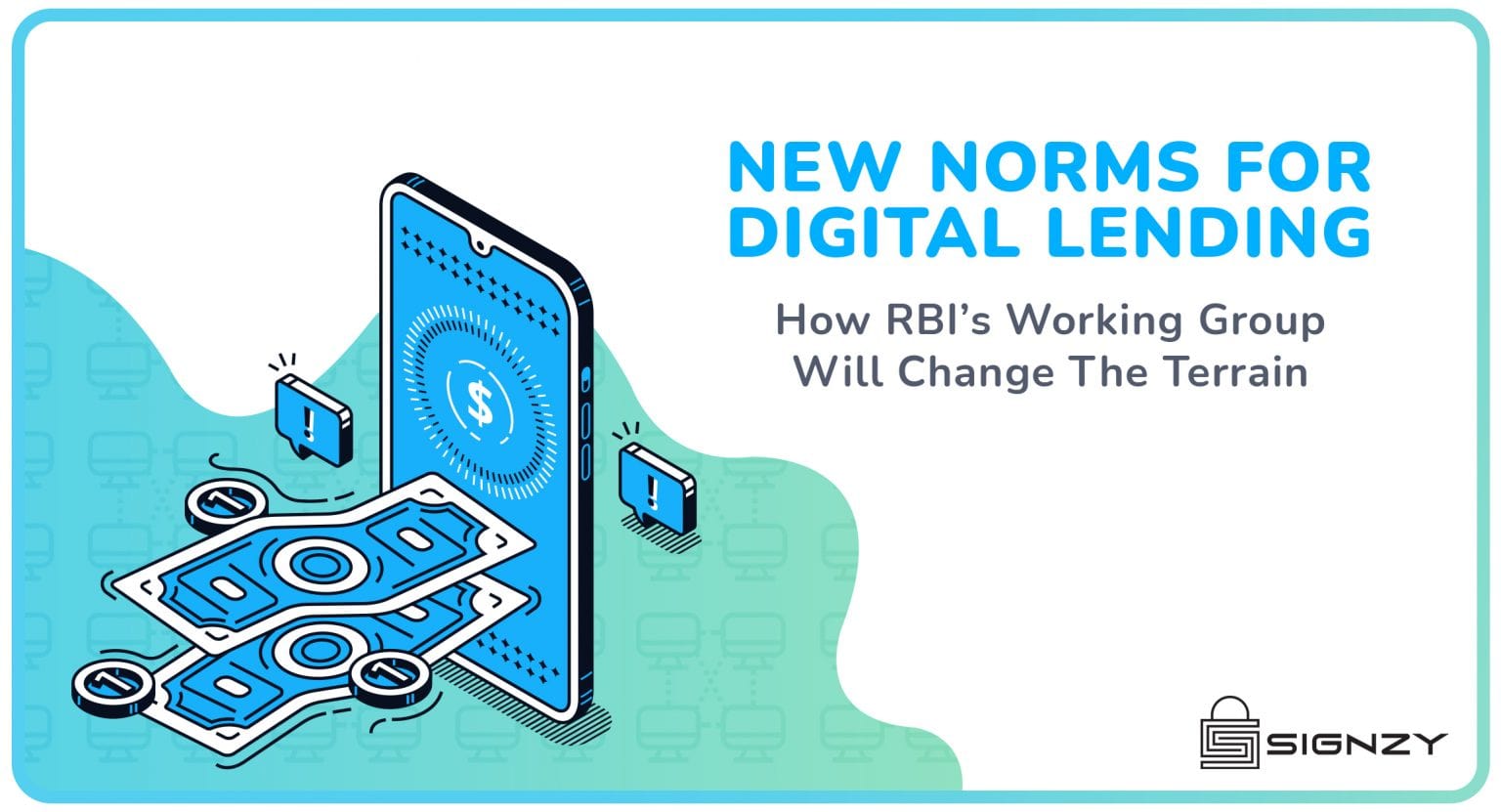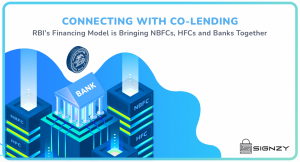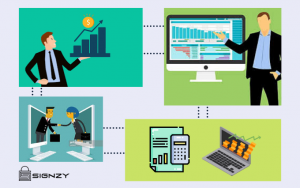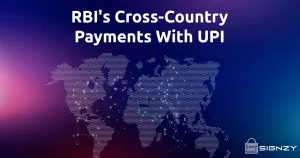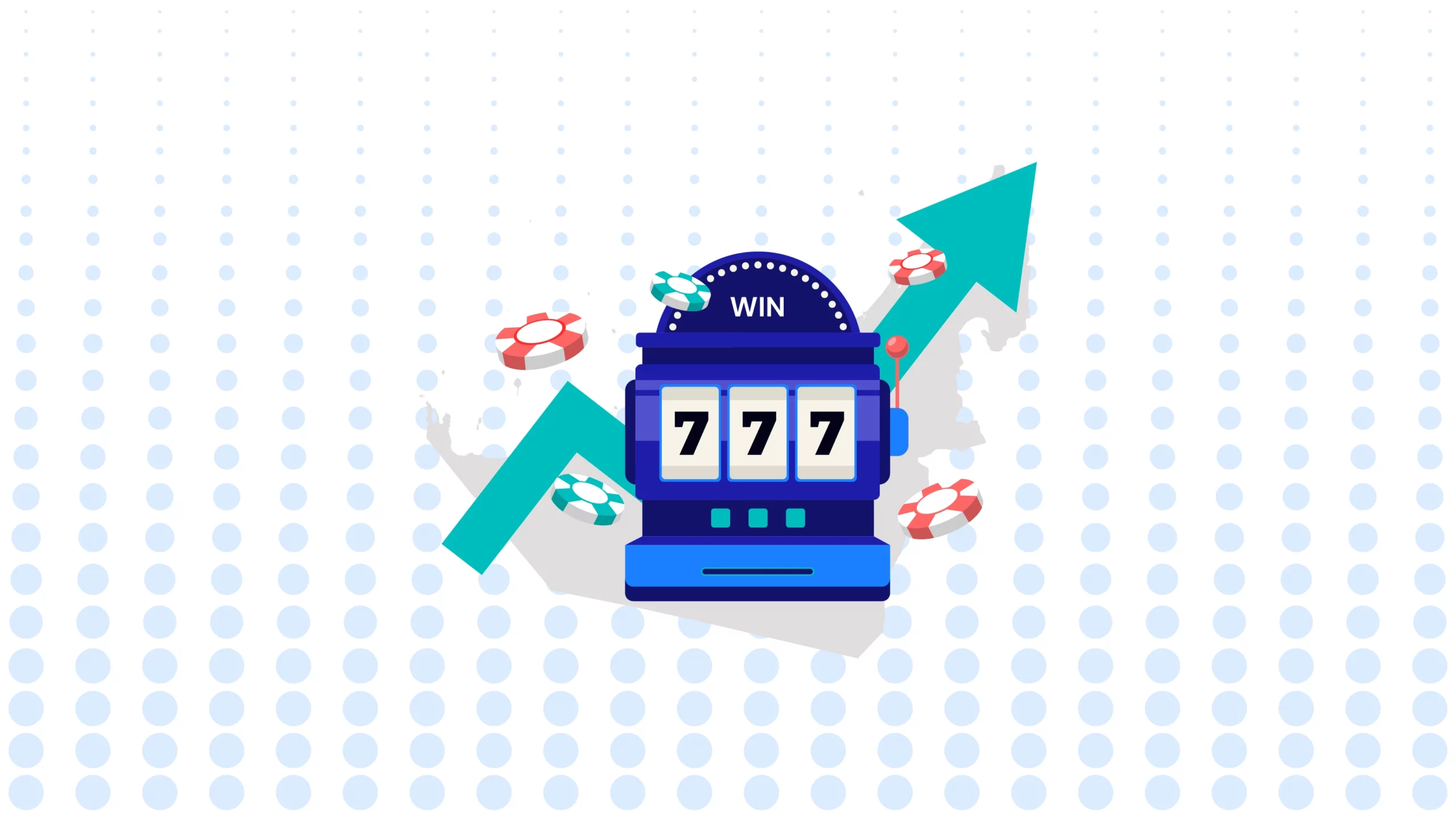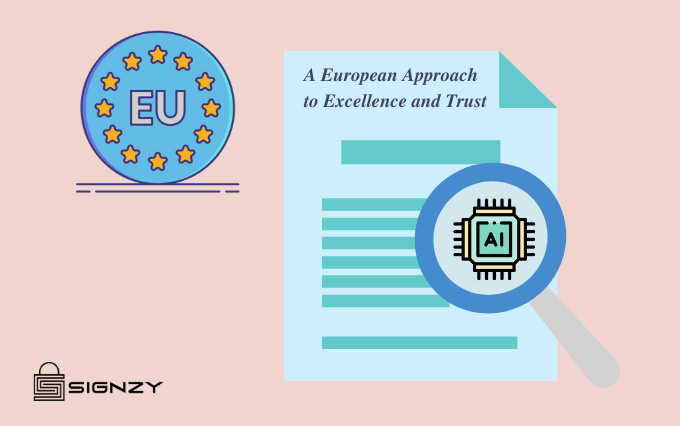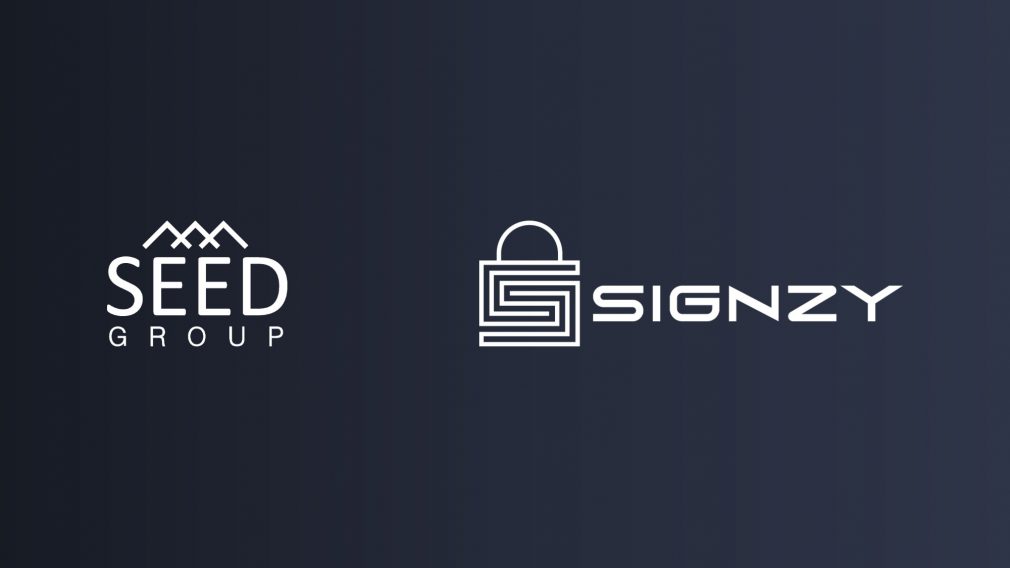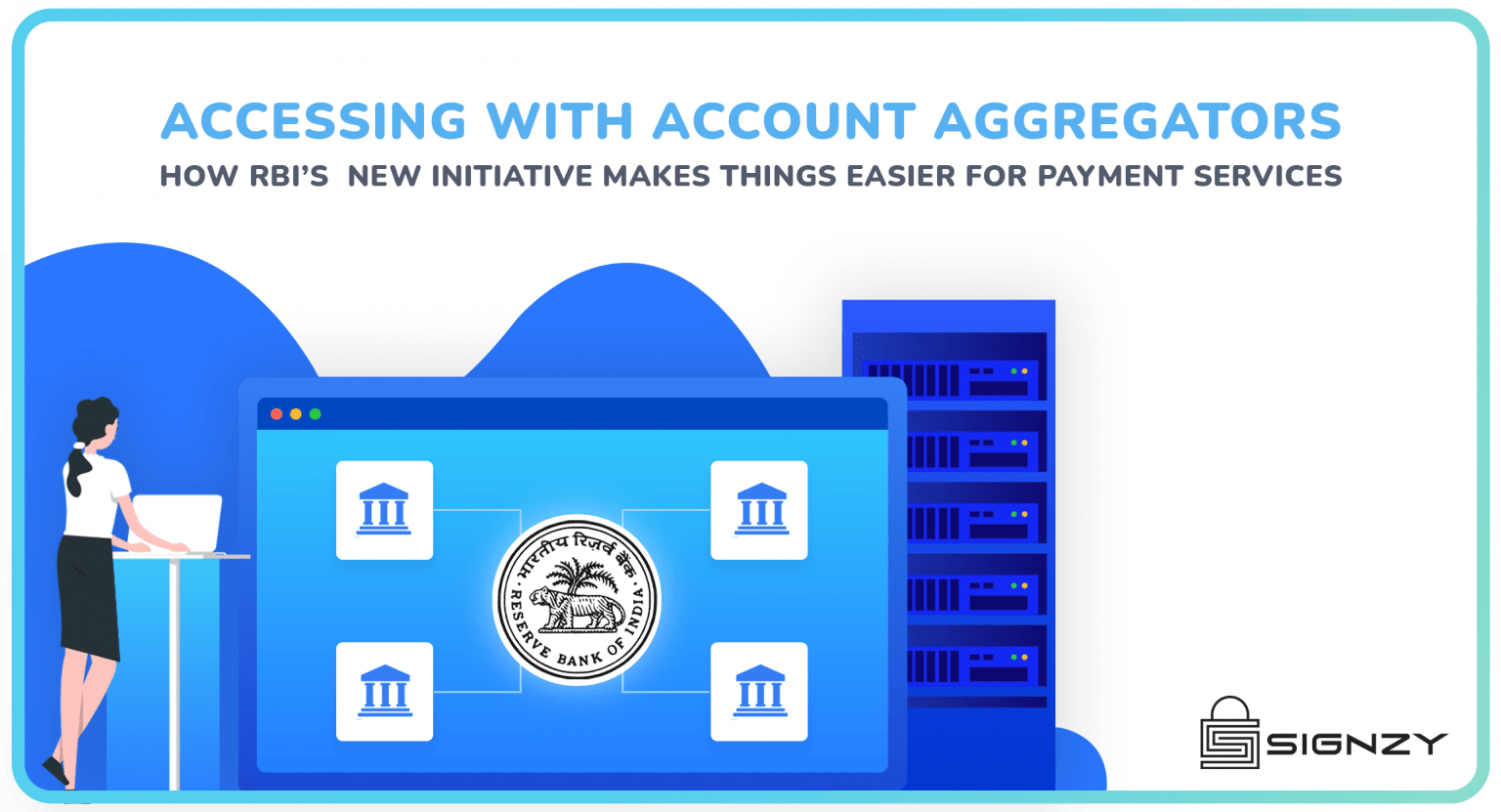New Norms For Digital Lending- How RBI’s Working Group Will Change The Terrain
January 17, 2022
5 minutes read
The report brings to the spotlight such shortcomings while providing a better framework for the sector. The relevant points from the report are explored below to create a better understanding of the proposal and the effect it can have on the industry.
Distinction Between LSPs and BSLs
There is a clear distinction between Loan Service Providers(LSPs) and Balance Sheet Lenders(BSLs). LSPs can be applications that provide borrowing options for the customers. They certainly need not be directly regulated but do require to partner with only regulated financial entities that can provide the services. BSLs on the other hand, provide loans and securely take credit risks. They are always regulated. This distinction allows LSPs to manage the front-end experience while BSLs manage regulatory compliance and risk.
A Ban On FLDG
First Loss Default Guarantee or FLDG instrument allows unregulated entities to offer loans to customers and take credit risk. The report strongly suggests against this backdoor entry. This is challenging to many new-age lenders as their processes are oriented around shadow lending. Additionally, neo-banking and DeFi(decentralized finance) models are also included in this section for a modal check. Fundamentally, the report directs that only regulated entities should hold taking credit risk options.
Eliminate Regulatory Arbitrage
The report advises to deem all products involved with credit risk as lending products and eliminate regulatory arbitrage. For example, most BNPL(Buy Now Pay Later) providers consider this option, not as a loan, and hence do not have apt KYC processing. They have no relation with the credit bureau.
Safety Of The Customer
In certain cases, the charges and rates can be as high as 100%(The normal being 40-45%). The working group recommends several actions to ensure consumer protection from such practices. These recommendations include:
- Include all interests and charges as transparent APR(Annual Percentage Rate).
- STCC(Short Term Consumer Credit)- must follow appropriate guidelines to prevent usurious charge rates.
- Restrict very short-term loans with no instalments that are high risk.
- Restrict Refinancing and over-indebtedness.
Regulated entities must also ensure fair treatment of borrowers by the LSPs involved, especially in the collection practices. All coercive behaviour is avoided to ensure confident customers and a healthy ecosystem.
Data Privacy
The consumer and not the entity is the owner of the data. All crucial lending decisions require explicit consent from customers for using their data. This extends to even any e-commerce platform which uses consumer data for underwriting decisions. This helps enhance security and overall data protection while maintaining consumer trust.
SRO And DIGITA
The report advises RBI to create a Self-Regulatory Organization (SRO) to govern activities and frame standards. It also recommends creating DIGITA(Digital Trust of India Agency). DIGITA will determine the minimum requirements and standards to verify compliance. If entities are not approved by DIGITA, they will be deemed non-compliant.
What Does This Mean For The Industry And You?
The initiatives outlined by the working group helps create a balanced framework that encourages innovation while protecting its consumers and minimizing financial risks in the system. This will help improve the dynamics in the ecosystem rendering growth in the industry. There are many venues that require clarifications and dialogue, but this preliminary report is a step in the right direction to achieve a more sustainable and secure environment. This ensures that the future of digital India is now… And it’s happening.
With the blessing of better lending ecosystems and safer financial environments comes the burden of stricter regulations and rigid compliance guidelines. If not careful, your enterprises can get affected and suspended due to bureaucratic complications. You can avoid this by availing reliable service providers for all your regulatory requirements. But how do you choose a good one? Opt one that gives you quick, safe, and customizable solutions. It should have a track record of good services and lots of options. This is why Signzy is the right choice for you. We can handle all your needs ranging from Video KYC to complete Onboarding Processes.
About Signzy
Signzy is a market-leading platform redefining the speed, accuracy, and experience of how financial institutions are onboarding customers and businesses – using the digital medium. The company’s award-winning no-code GO platform delivers seamless, end-to-end, and multi-channel onboarding journeys while offering customizable workflows. In addition, it gives these players access to an aggregated marketplace of 240+ bespoke APIs that can be easily added to any workflow with simple widgets.
Signzy is enabling ten million+ end customer and business onboarding every month at a success rate of 99% while reducing the speed to market from 6 months to 3-4 weeks. It works with over 240+ FIs globally, including the 4 largest banks in India, a Top 3 acquiring Bank in the US, and has a robust global partnership with Mastercard and Microsoft. The company’s product team is based out of Bengaluru and has a strong presence in Mumbai, New York, and Dubai.
Visit www.signzy.com for more information about us.
You can reach out to our team at reachout@signzy.com
Written By:

Signzy
Written by an insightful Signzian intent on learning and sharing knowledge.
